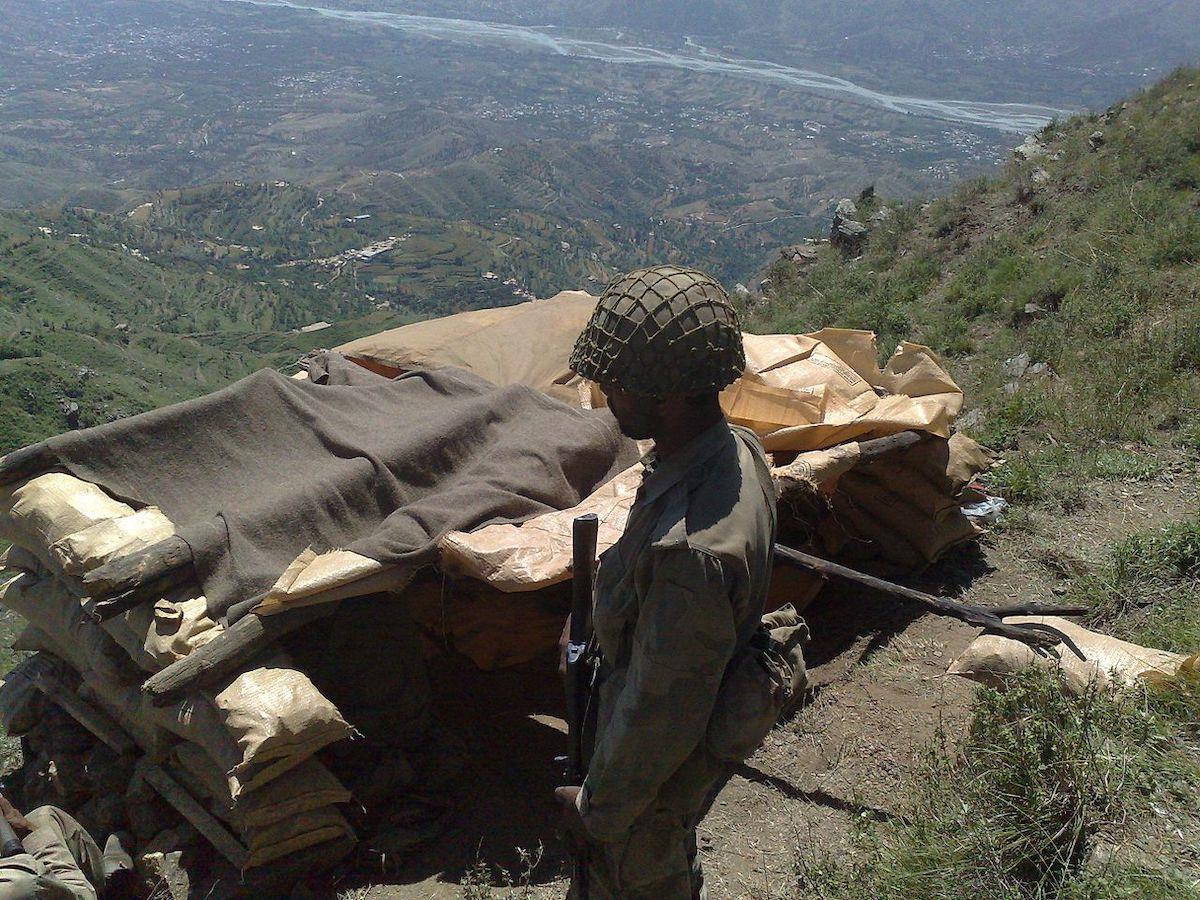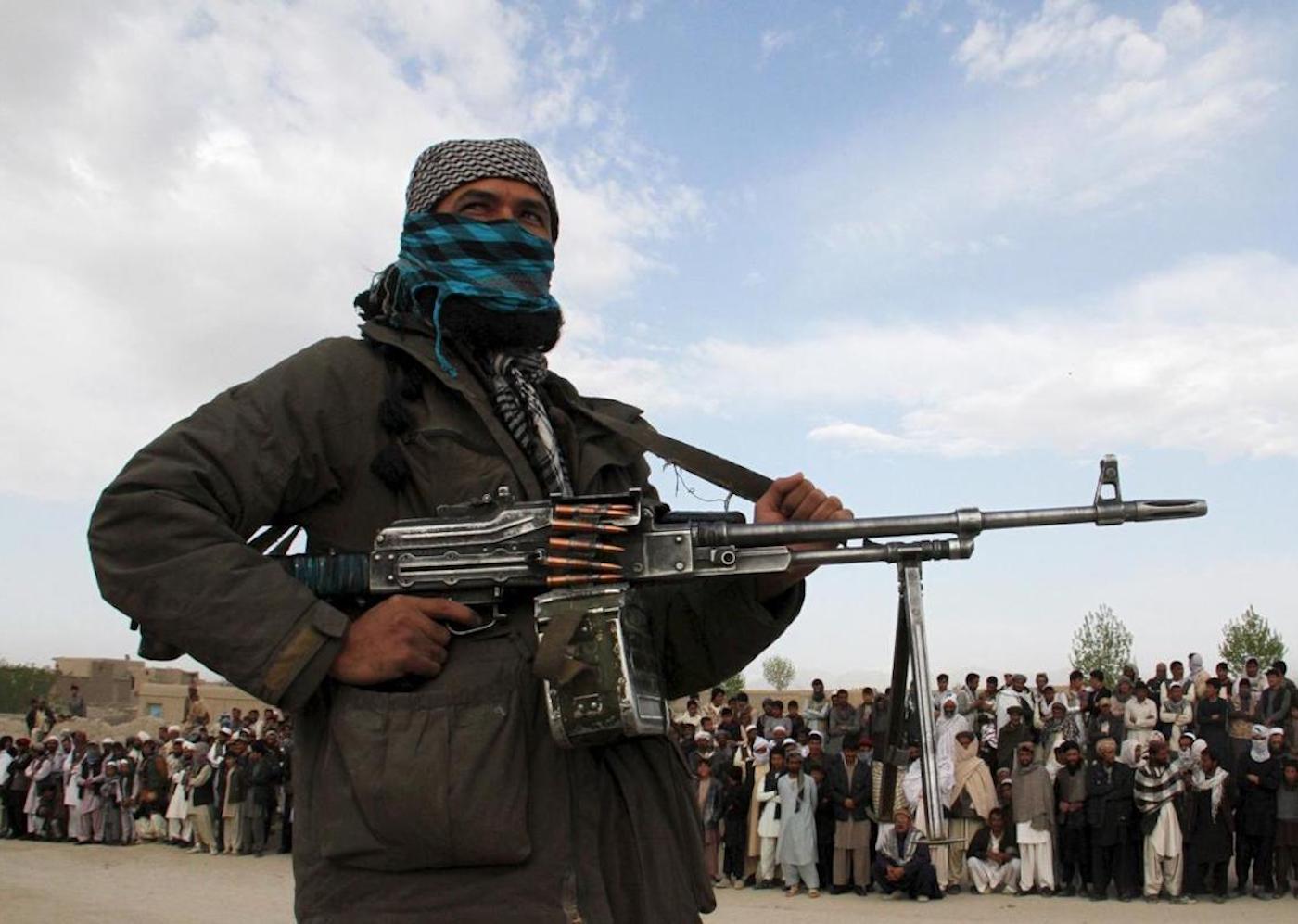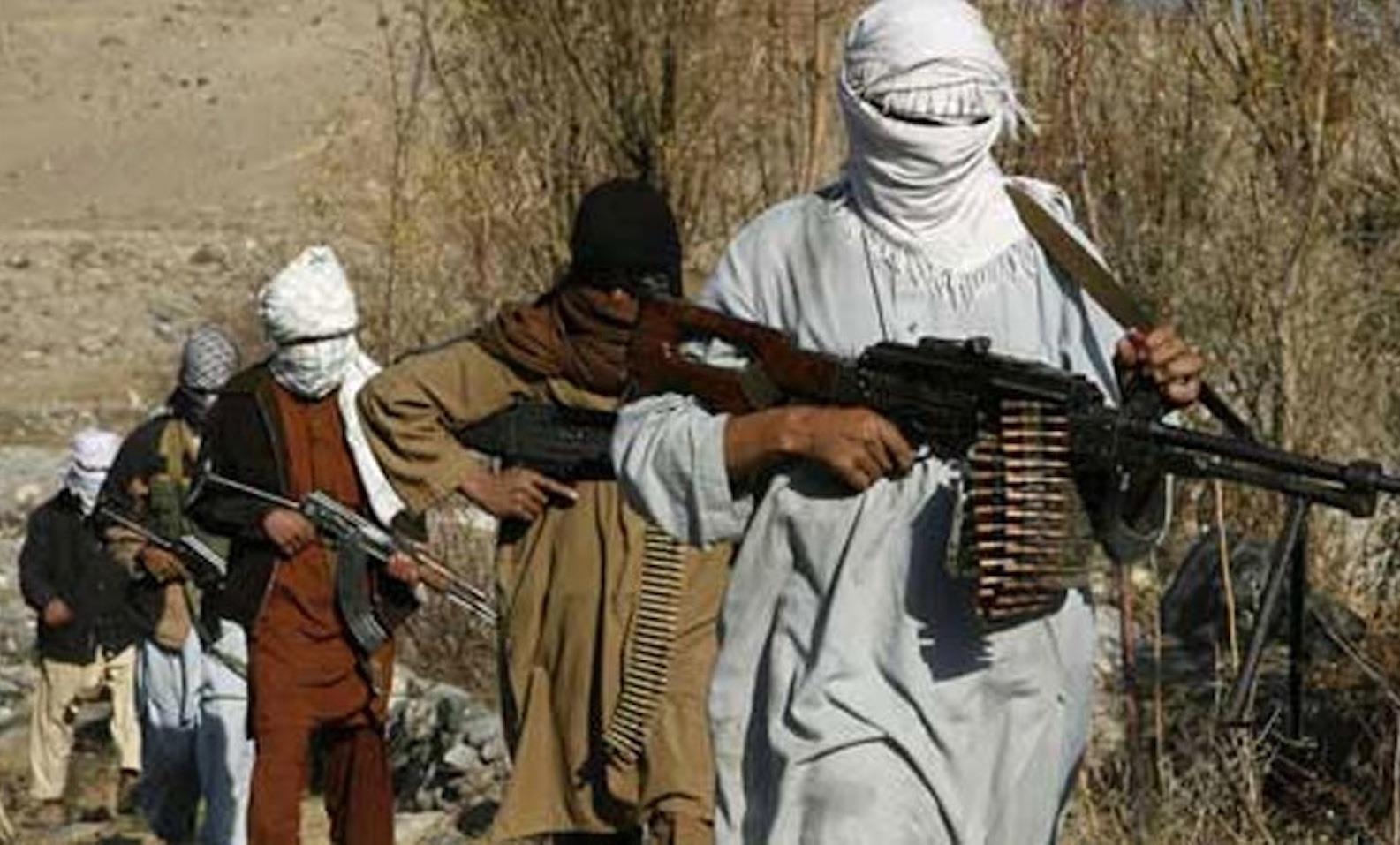(MENAFN- Asia Times)
PESHAWAR – A month-long truce between Pakistan security agencies and Tehreek-e-Taliban Pakistan (TTP) insurgents has ended, as the Afghan Taliban who brokered the deal failed to get the militants to extend the ceasefire and stop terrorist activities inside Pakistan.
The TTP, an Afghanistan-based umbrella group of Pashtun Islamist armed groups often referred to as the“Pakistan Taliban”, has been waging an armed struggle since 2007 to overthrow Pakistan's government and enforce Islamic Sharia law in the country.
The TTP has carried out several suicide attacks targeting Pakistan's civilian population in the past. Now their activities are mainly focused on the Pakistan armed forces and state institutions.
Significantly, the group's attacks have intensified since the Taliban seized power in Kabul last August. Taliban fighters released many TTP members, including key leaders, who were imprisoned by the Ashraf Ghani government after its downfall.
Since then, Pakistan has presented a list of high-profile TTP militants it wants to be apprehended and has demanded that the Taliban's leadership pursues them.
Pakistan has also demanded the interim government immediately dismantle all the TTP sanctuaries in Afghanistan to thwart terror attacks on the security forces from across the border. TTP is known to have ties with al Qaeda and other transnational terror groups.
Despite taking certain actions against the TTP, the Taliban suggested a truce with the militant outfit, which Pakistan accepted and started negotiations with TTP leaders. After several rounds of face-to-face meetings between TTP interlocutors and government officials in Afghanistan, a month-long ceasefire deal was signed.
In November last year, TTP spokesperson Mohammad Khorasani confirmed they had agreed to a one-month ceasefire with the Pakistan government starting from November 1 to 30. The Afghan Taliban, he said, stood as guarantors to the deal.
“Both sides must observe the ceasefire,” said Khorasani at the time, adding that the Afghan Taliban were mediating the current negotiations process.
Pakistani politicians, however, have been critical of dealing with the militants.
“Agreements are made between sovereign countries, organizations and lawful bodies. It cannot be reached with a banned group or proclaimed offenders, said Zahid Khan, the central spokesperson for Pakistan's Awami National Party, told Asia Times.
“They (military establishment) themselves created these groups and inked agreements with them without the approval and sanction of the parliament,” he said.

For years Pakistan's military has been carrying out operations against Taliban fighters in the country's northwest in the Swat Valley. Photo: WikiCommons
He said the political leadership and the people's representatives were unaware of the development because authorities had not consulted them.
Zahid said Pakistan had been pursuing the wrong Afghan policy from day one.“The government has triumphantly declared when the Taliban had marched on Kabul that they have broken the shackles of slavery, but now the same Taliban were staring in our eyes,” he added.
Pakistan's powerful and autonomous spy agency Inter-Services Intelligence (ISI) is widely believed to have played a decisive role in helping the Taliban take Kabul. That's raised questions about why the Taliban has not more forcefully reined in the aligned TTP.
The ceasefire agreement brokered by the Afghan Taliban had given Islamabad a break from rising TTP-led attacks on the army and law enforcement agencies.
But on December 10, exactly one month after the ceasefire was operationalized, the TTP announced the agreement would not be extended and accused the Pakistan government of backtracking on commitments reached during the negotiation process.
Pakistan had earlier agreed to release 102 TTP fighters held in its custody as a goodwill gesture.
The six-point agreement, which was reached with the government under the aegis of the Islamic Emirate of Afghanistan (IEA) on October 25 last year, stipulated that the IEA would play the role of mediator.
Pakistan government sources claimed half the 102 militants have already been released by security agencies, while the fate of the remaining TTP soldiers has yet to be decided.
Major General Babar Iftikhar, the director-general of Pakistan's Inter-Services Public Relations (ISPR), said in a press conference at General Headquarters in Rawalpindi on January 5 that the truce had ended and hostilities would resume.
“Talks with the TTP are on hold and operations against the group are continuing till the time we get rid of this menace. The TTP is not a monolith organization and they have internal differences,” he claimed.
The TTP was quick to rebut the military allegation, denying the group had any internal differences.“We want to make it clear to the people of Pak that we are ready for both war and dialogue. Our military and political strength is greater than ever. We would not be disintegrated by enemy's propaganda,” the TTP claimed in a statement.

A Tehreek-e-Taliban fighter in a file photo. The terror group is ramping up its attacks in Pakistan. Photo: Facebook
An infographic template released by the TTP on its website revealed that after the ceasefire ended on December 10 and through the end of the month claimed it had carried out 45 attacks on Pakistan military institutions, killing at least 50 and injuring more than 65 security forces, mostly in tribal areas.
Asia Times could not independently confirm the TTP's claim. Statistics compiled by the Pakistan Institute for Peace Studies (PIPS), an Islamabad-based think tank, show that the TTP carried out 95 attacks in 2021, killing at least 140 people, mostly security personnel.
The attacks have sometimes had a geopolitical component. On July 14, TTP carried out a suicide attack that killed nine Chinese engineers working at a hydroelectric project in Pakistan's Kohistan District as part of Beijing's Belt and Road Initiative.
Mashaal Radio, Radio Free Europe's Pashto service for Pakistan's tribal areas, reported that during 2021 as many as 63 targeted attacks, 45 roadside bombs and 40 gunfights or ambushes took place in North Waziristan alone.
The Afghan Taliban's seeming inaction against the TTP, which aims to establish an Islamic Emirate in Pakistan similar to the one the Taliban has established in Kabul, is increasingly worrying Pakistani authorities.
“The expectations that the Afghan Taliban would force the TTP to surrender or would expel them from Afghanistan are misplaced,” Zahid said.“All these terror groups, which are active in Afghanistan, have been fighting side by side with the Taliban for the enforcement of an Islamic government in Afghanistan.
“How can they prevent the TTP now from struggling for an Islamic system in Pakistan,” he added.
Authorities in Islamabad, whose expectations from the Taliban have fallen well short of what they hoped, are now linking official recognition with the Taliban's actions against the TTP.

Taliban and al Qaeda fighters on the march in Afghanistan in a file photo. Image: Facebook
A media report claimed Pakistan had warned the Taliban leadership that if they failed to address Islamabad's concerns, the international community would not trust them and they would not be able to gain much-needed legitimacy to rule Afghanistan.
The report said Pakistani authorities had told the Taliban that the TTP was a“test case” to prove to the world that Afghanistan had severed ties with al Qaeda and other terror outfits.
“If the Taliban can't address the TTP issue, then who would trust them for cutting ties with the UN-designated terror organizations,” the report added.
Follow F M Shakil on Twitter at @faq1955
MENAFN12012022000159011032ID1103525295